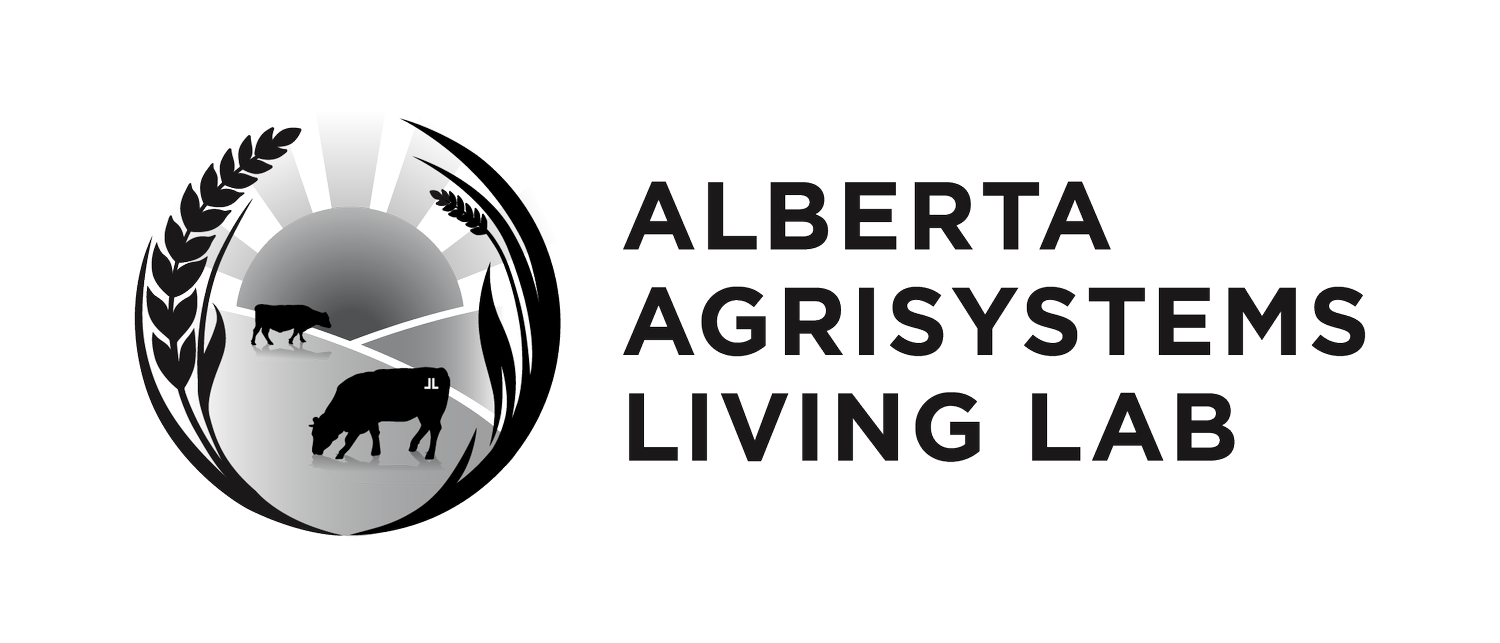
Frequently Asked Questions
We are at capacity for the remainder of the project.
Introduction Session
Learn more about the Living Lab with this prerecorded session. We go through what makes a living lab different, potential projects, and answer questions.
Where Research Meets Reality.
What is a Living Lab (LL)?
No one knows your land, production, and challenges better than you. A LL is an adoption of a research initiative where your expertise as a producer is recognized and valued. Your input and hands-on experience is part of the process from the very beginning. Ranchers and farmers are the original problem solvers, a LL takes your skills and combines them with research scientists’ expertise to address challenges you’re facing on-farm. Through a process called co-development with researchers and other industry stakeholders, various beneficial management practices (BMPs) are identified, adapted if necessary, implemented on-farm, and the impacts of those BMPs are measured.
What is a BMP?
A BMP is a Beneficial Management Practice or in this context is any production practice, management system, or even a technology, that has an environmental benefit while being practical and affordable.
Who is running the project?
Alberta Beef Producers is leading the Alberta AgriSystems Living Lab (AALL), along with several crop commissions, non-governmental organizations, research institutions, and other agricultural industry stakeholders.
Who is funding the AALL?
Funding for this $8.5M project is provided by Agriculture and Agri-Food Canada through the Agricultural Climate Solutions – Living Laboratories Initiative, as well as contributions from partner organizations.
What is the goal of the AALL?
Alberta Beef Producers, along with our partner organizations, want to be able to demonstrate the value of the work producers do every day on their land. There is lots of talk about climate and carbon, this project will show what it really costs to adopt new practices and how much real benefit you might be able to expect. At the end of the day, producers need to be able to improve productivity and profitability, and if we can improve environmental outcomes at the same time, that is a win-win for everyone.
Results from the AALL will be used to verify the impacts of BMP adoption and demonstrate the importance of the work you do every day.
Who is participating in the AALL?
We have beef, forage, or cropping producers that are interested in on-farm adoption of BMPs. We 30+ producers (including a feedlot and 2 Indigenous communities) located in the Peace, central, and southern Alberta.
What if I don’t live in the Peace, west central or southern Alberta?
While these are our current producer geographic regions in the AALL, all of the BMPs we are working on can be applicable to producers in all areas of Alberta.







